A system in Freiburg aims to eliminate single-use coffee cups through the introduction of a reusable cup, accepted town-wide.
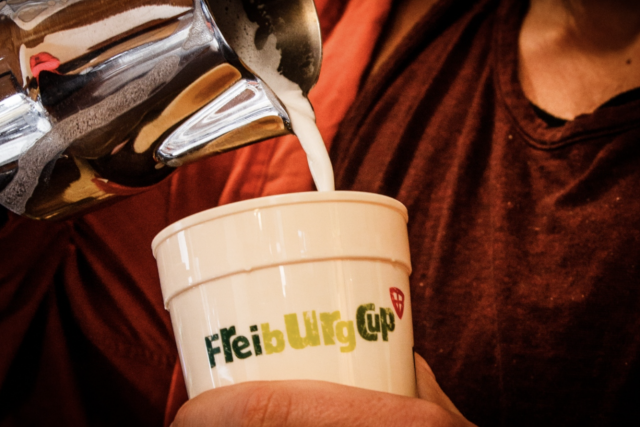

A system in Freiburg aims to eliminate single-use coffee cups through the introduction of a reusable cup, accepted town-wide.
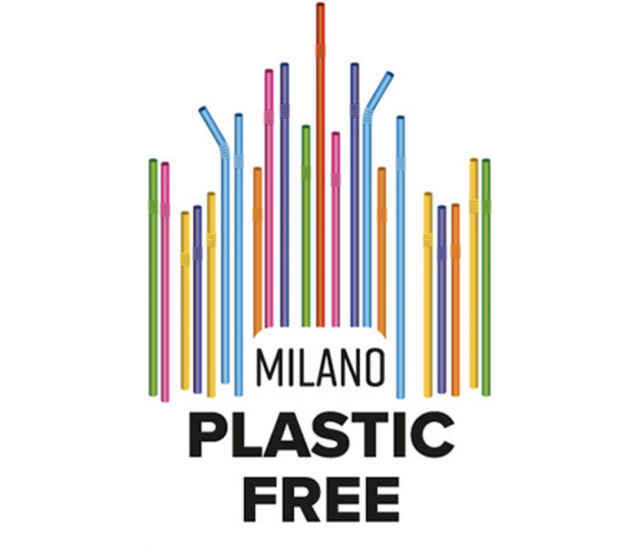
Milan eliminates disposable plastic tableware from schools and other facilities, saving 720 tons of waste per year, and involving other smaller and bigger players in the strategy in a step-by-step manner.
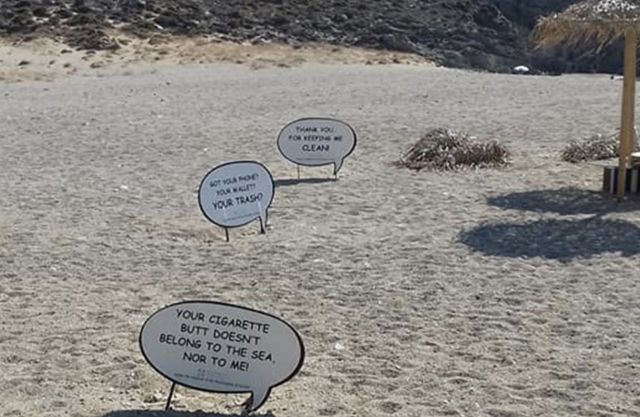
This endeavour unites residents and tourists in an effort to reduce the most common waste on Serifos’s beaches, cigarette butts, creating a new culture of beach behaviour.
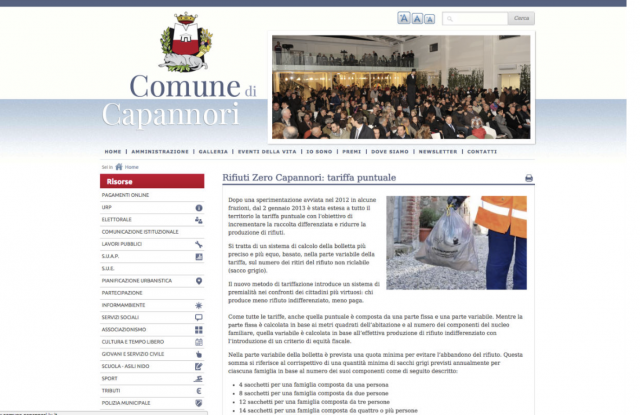
Lower fees reward waste separation and recycling, which alongside a developing social awareness, leads to more recycling.
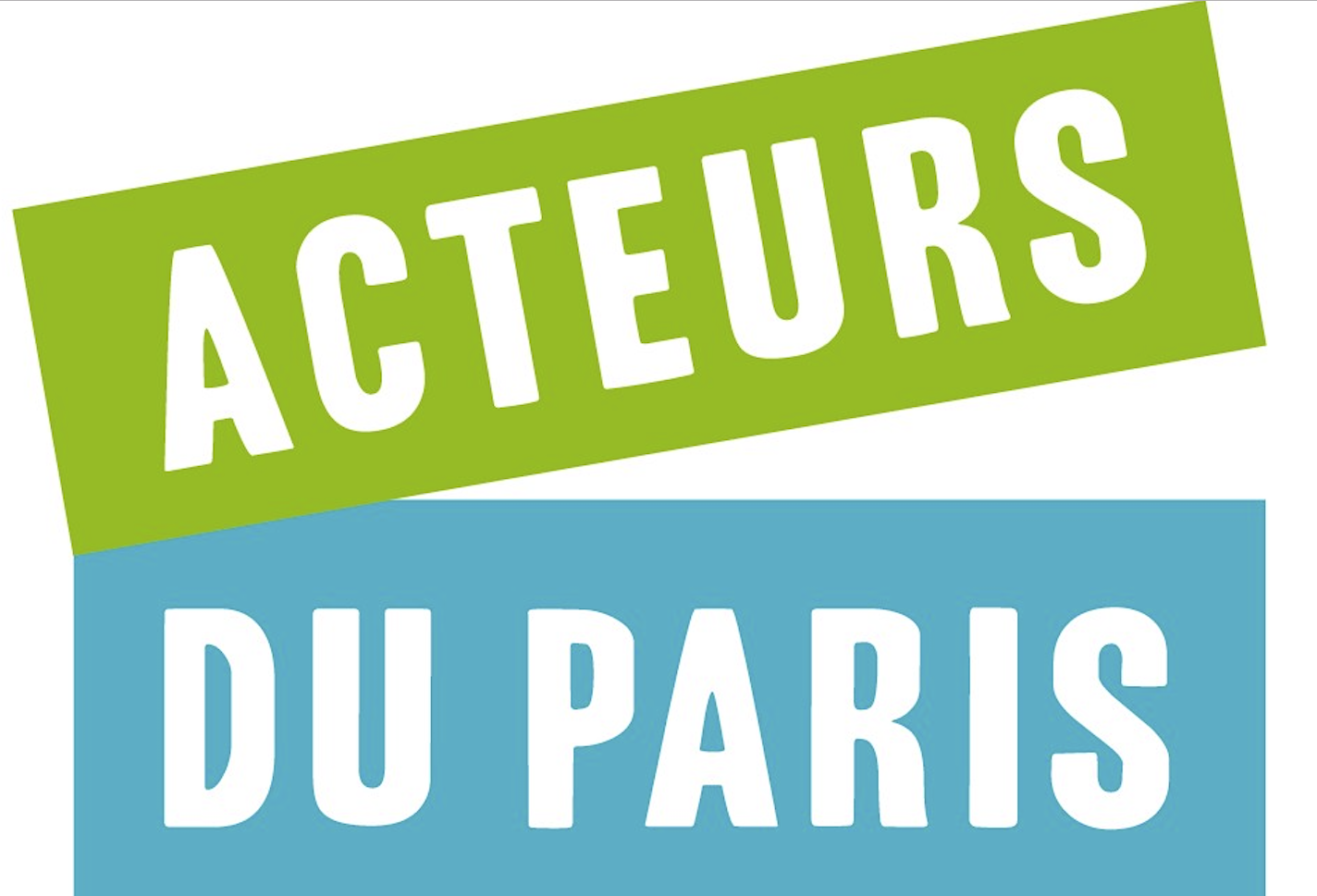
This network is aiming to create a sustainable Paris with activities to reduce the ecological footprint, supported by a website and a physical meeting point.
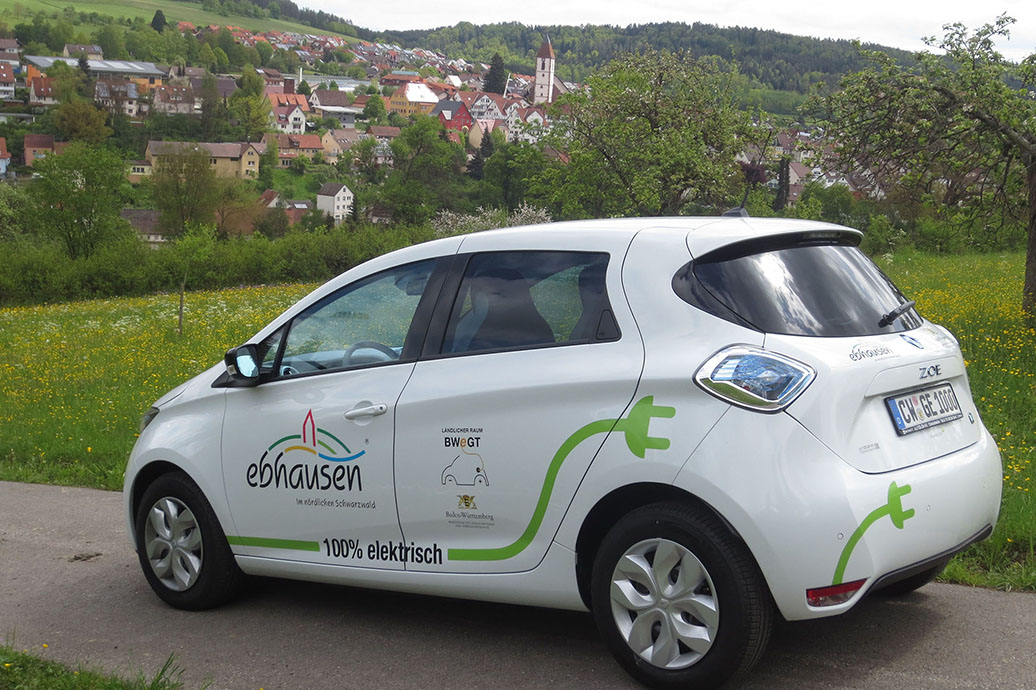
Climate-friendly mobility is instigated by a single electric car, purchased in a small locality for all residents to share.
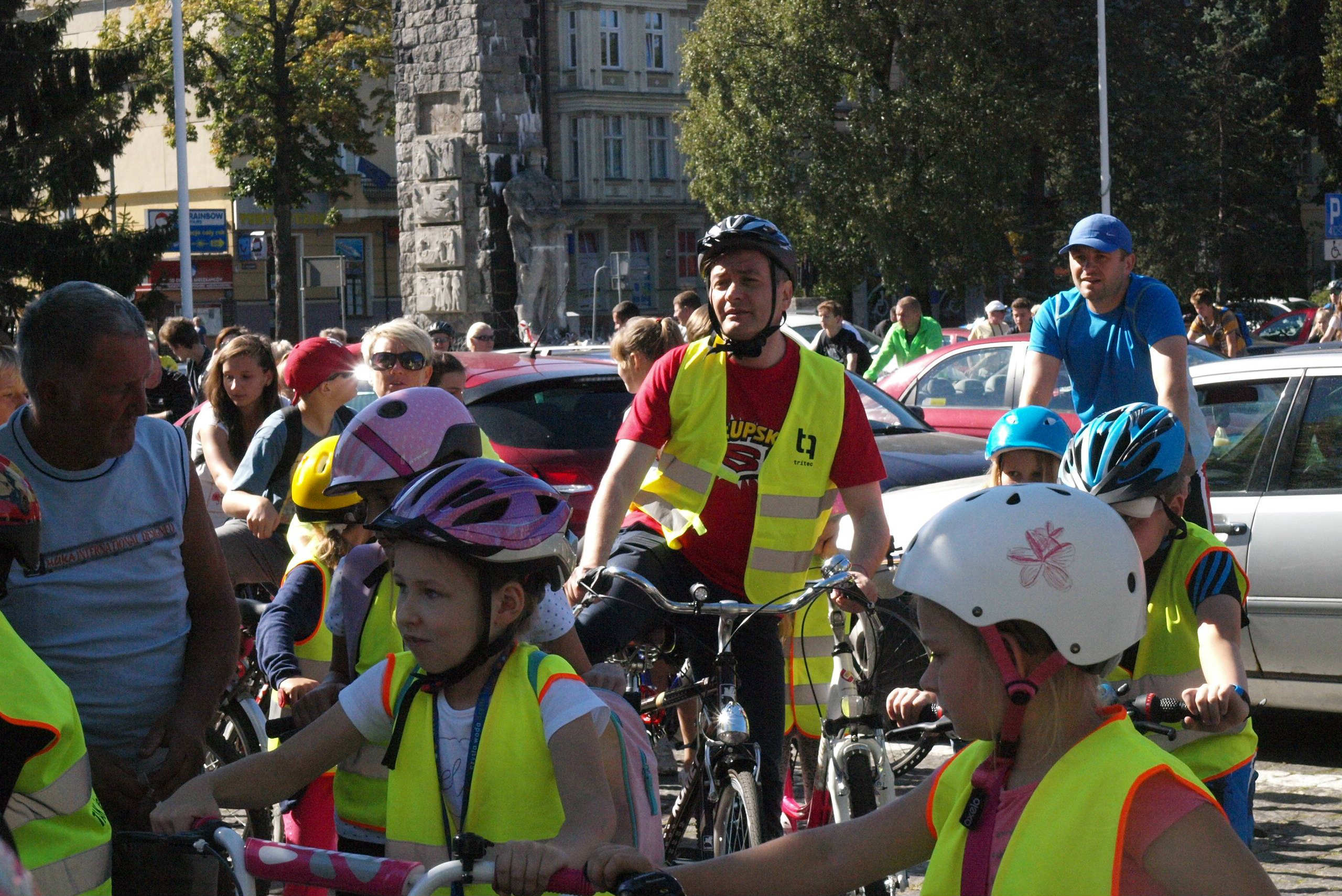
Joint efforts by the City, companies, and NGOs offer coordinated ecological education to bring measurable benefits for citizens, in terms of pollution and costs.
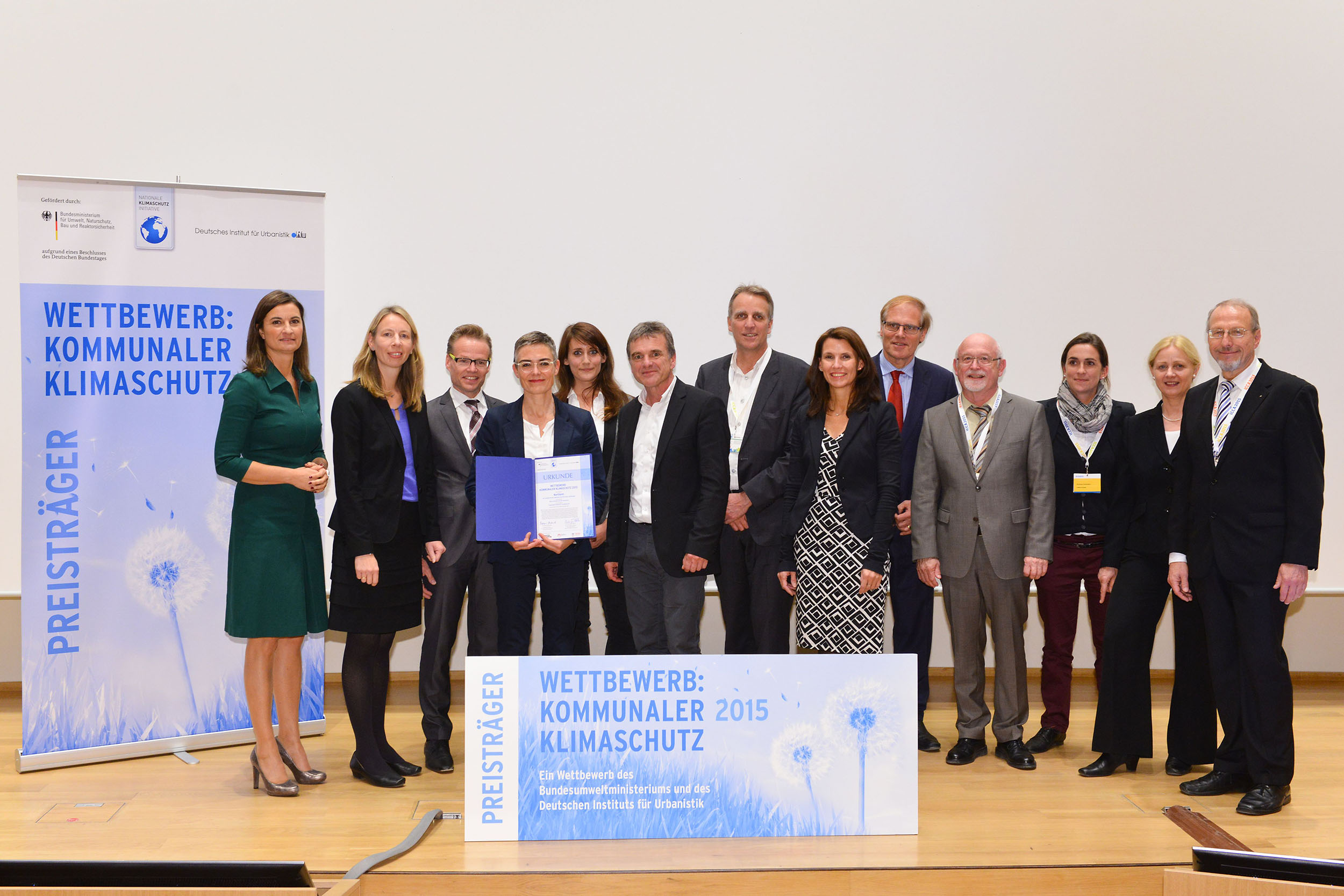
Villages and private households compete to find the most effective energy-saving measures, and to reduce carbon emissions.
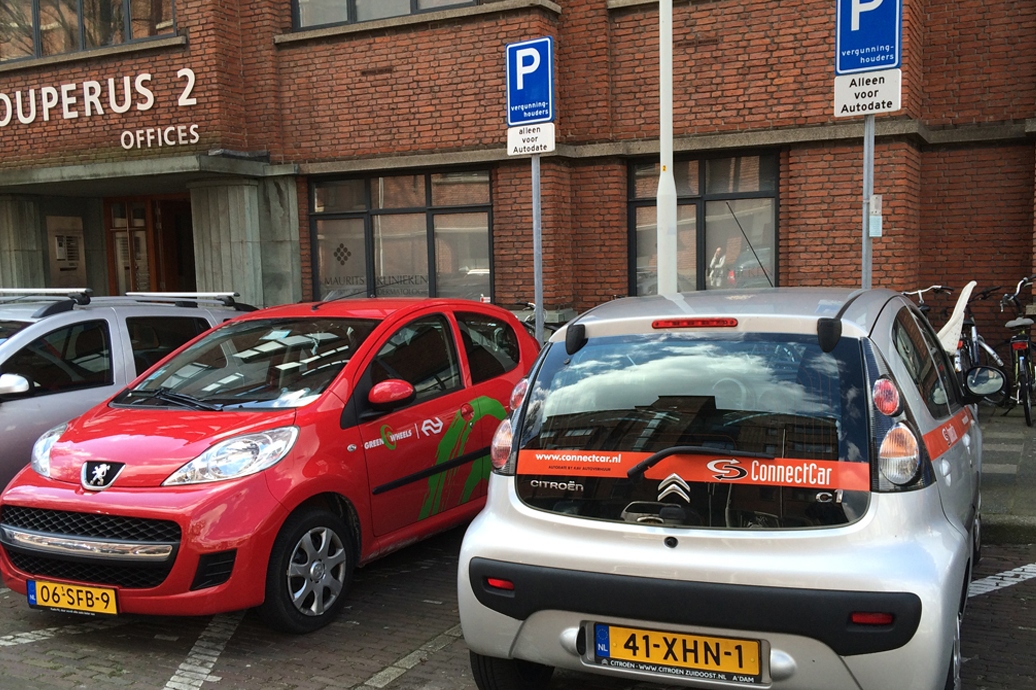
A system in the Hague supports neighbourhood sustainability projects, by providing financial support and advise.
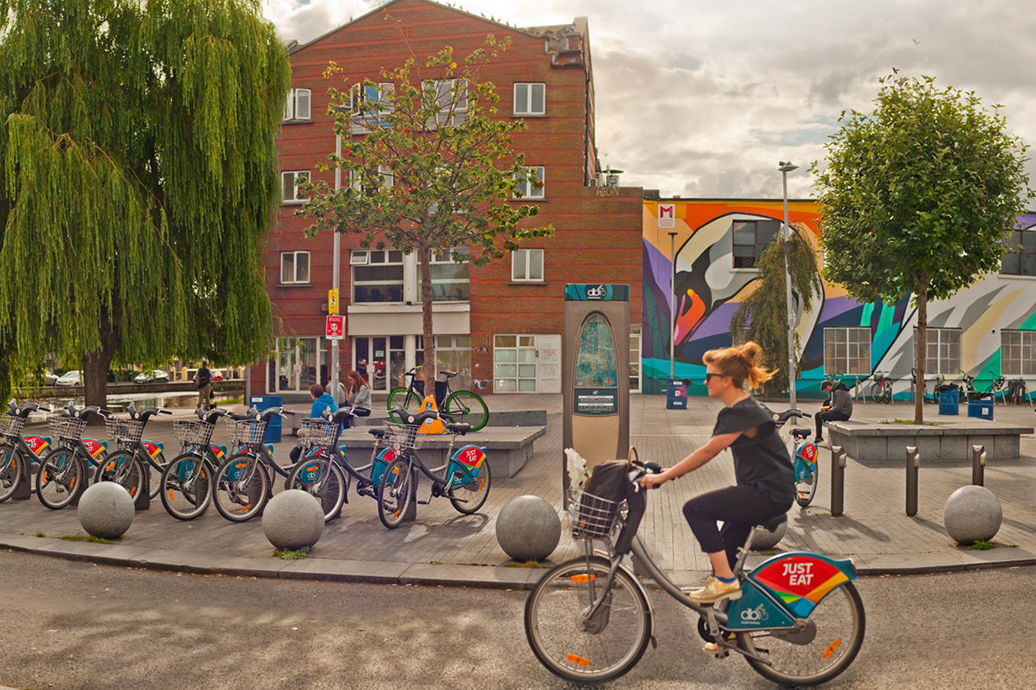
One of the world’s most successful bike sharing schemes provides green, healthy, and accessible city transport for the masses.
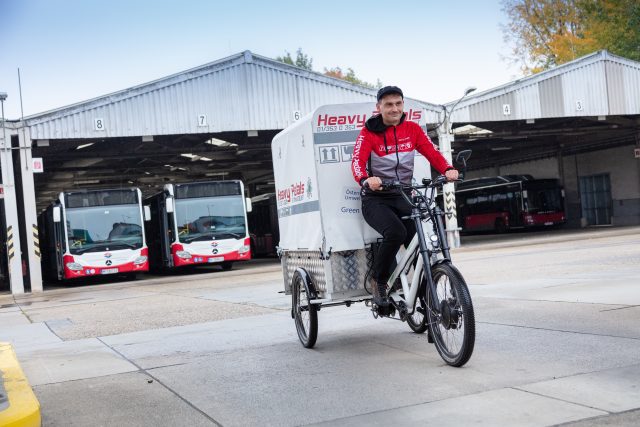
Public transport operational areas become dual-use intelligent distribution hubs, to help reduce delivery vehicle traffic and promote sustainability goals in the city.
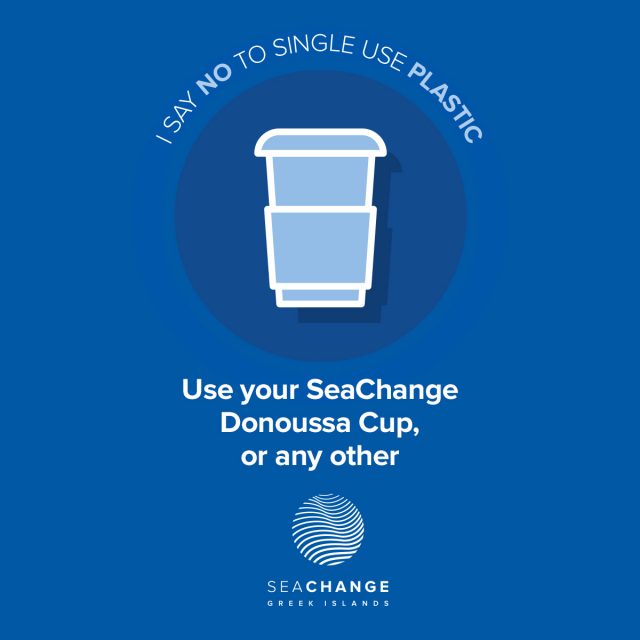
The Greek island of Donoussa is a successful model for other islands where residents and businesses commit to reducing their usage of disposable plastic items to improve the environment and encourage sustainable tourism.